Not a member yet? Sign Up!
Info
Please use real email address to activate your registration

The Omar Niode Foundation is happy to feature a guest blog post by Ria Lihayati, an Indonesian student studying at Universita della Calabria, Italy
-------------------------------
Enjoying a cup of espresso is an Italian tradition that has a long history from Turkish immigrants who entered Venetia and introduced coffee to Italian communities to the Università del caffè in Trieste established by Illy, the Italian coffee company.
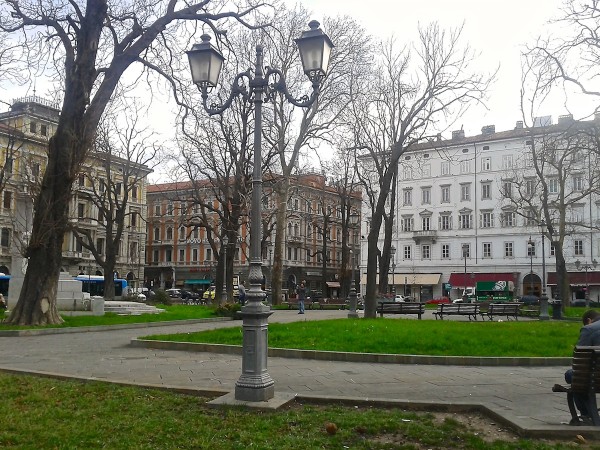
The mother of modern espresso
Arriving by a government fast train I arrived early morning at the Trieste central station accompanying a team from an Indonesian TV station to cover the university and Illy coffee plant.
More than 80 years ago in this Adriatic port town of Trieste in Northern Italy, Hungarian-born Francesco Illy founded illycaffè and invented Illeta the precursor to modern espresso machine that uses steam instead of compressed air.
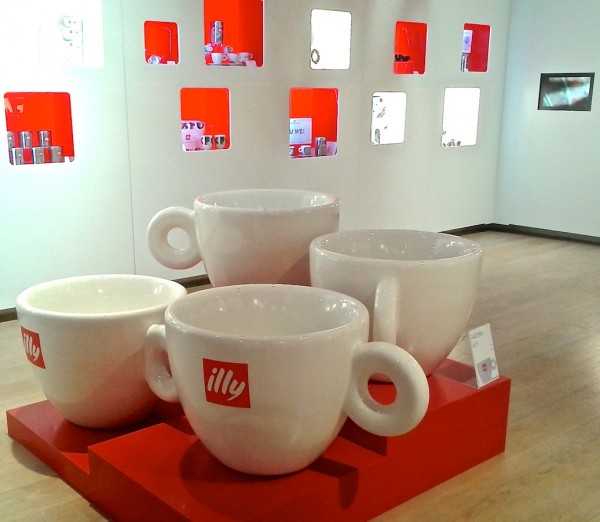
Francesco went on to develop a method to preserve and enhance coffee’s freshness during transport and storage, but his son Ernesto furthered the company’s lead in coffee innovation with the first pre-measured espresso pods. He also introduced a photo-chromatic means to identify the highest quality beans, one by one, right at the source.
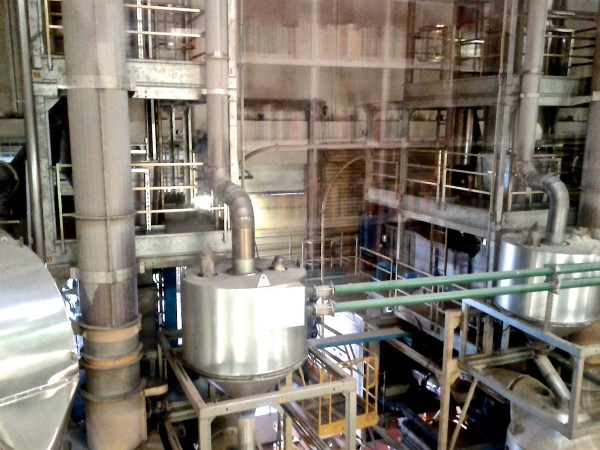
Now managed by the third generation Andrea Illy, the company’s blends of nine pure, sustainably grown Arabica beans from four continents – are available in 140 countries.
The hidden soul of coffee
It was not difficult to get to Illy headquarters by using public transport. Buses cost 1.5 euros / person and stop right next to the office.
The University of Coffee at the Illy headquarters in Trieste promotes, develops and disseminates the culture of quality coffee worldwide.
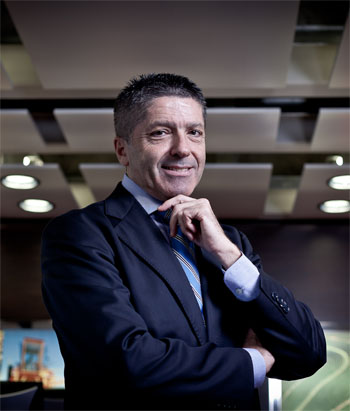
Professor Moreno Faina the university director, who has been with Illy for 32 years, welcomed us in the hospitality area. He described the history and the process of making coffee as well as programs offered by the University.
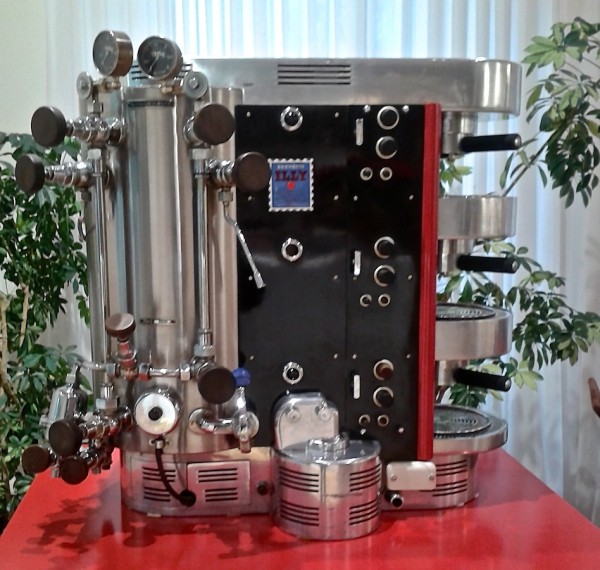
Reading on the wall, L’anima nascosta del caffè (the hidden soul of coffee) I was amazed that coffee is a complex drink constituted by 1,500 chemical substances which need to be balanced in order to achieve its aroma.
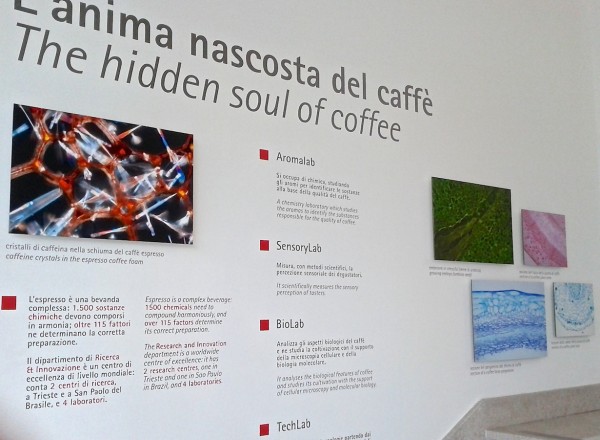
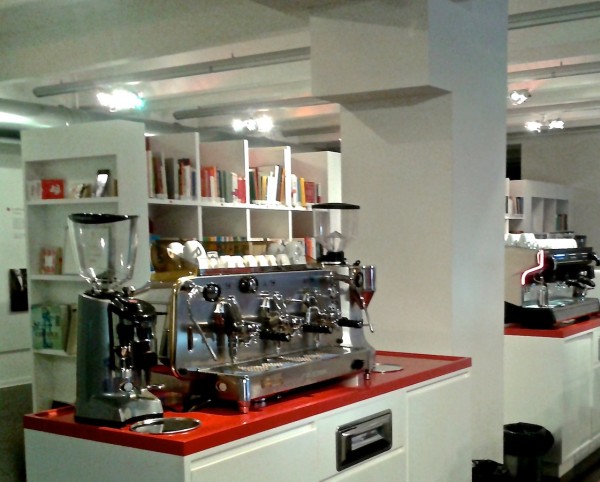
Illy’s Research and Innovation Department has four research laboratories. The Aromalab, which specializes in the chemistry of green and roasted coffee; the SensoryLab that investigates taste and smell; the Biolab that studies the biology and agronomy of green coffee; and the TechLab that is responsible for the technology and concrete products based on the first three labs.
The art of espresso
The gallery has a mini bar, where guests and workers can have a good time and sip delicious cups of coffee that I was fortunate to sample.
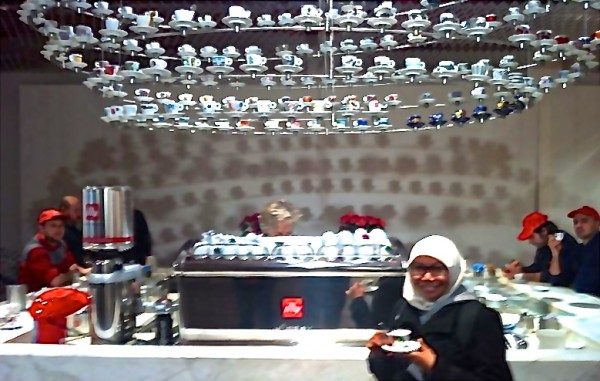
The Art of Espresso, according to Illy, starts by freshly grinding beans perfected for the best of results. The barista’s role is to calibrate the grind, and expertly fill just the precise amount of coffee into the filter, and monitor the time, temperature and pressure.
Based on the essentials for producers and professionals in the bar, restaurant and hospitality industry around the world Università del Caffè designed its lessons into three categories.
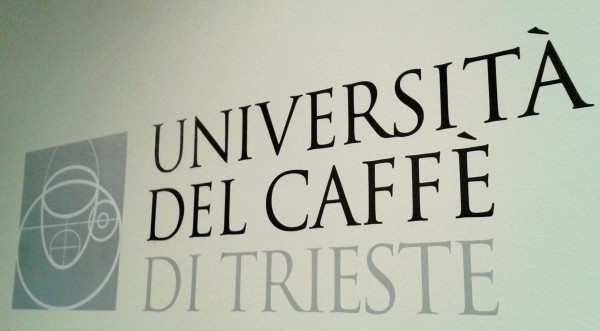
The support activities teaches coffee producers how to obtain the finest coffee nature can provide, through cultivation techniques, proper harvesting and processing.
The training courses offer bar, restaurant and hospitality professionals, training and refresher courses on coffee and on the management and promotion of their business.
The discovery courses are for coffee aficionados and for anyone how to appreciate and recognize the coffee taste and aromas.
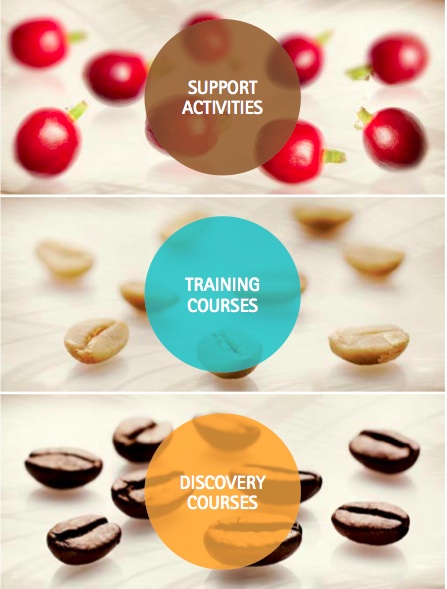
The Master’s Degree in Coffee Economics and Science is a 400-hour of lessons covering the entire production chain, from cultivation to hospitality and retail.
The perfect espresso
After spending time at the Illy Coffee hospitality area, we were invited to see the multimedia classroom that functions as a tasting laboratory, theater, workshop, coffee bar and a place of entertainment. Here students learn how to make espresso coffee and assorted coffee drinks.
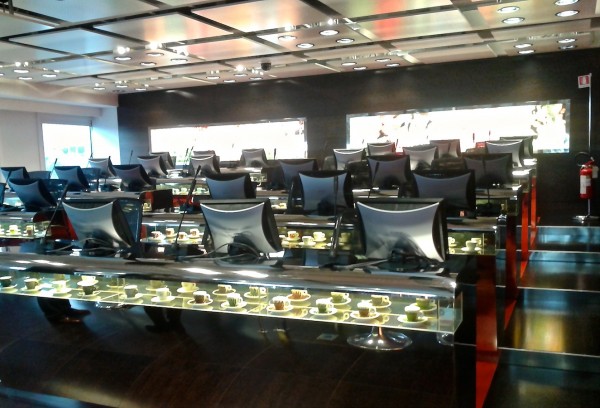
Barista trainer, Associate Professor Stefano Giannini showed us how to make a delicious cup of espresso. One of his statements is unbelievable "If you know how to make a proper cup of espresso, it will be deliciously sweet even without sugar." Then, we were each presented with one cup of Giannini made espresso, no sugar.
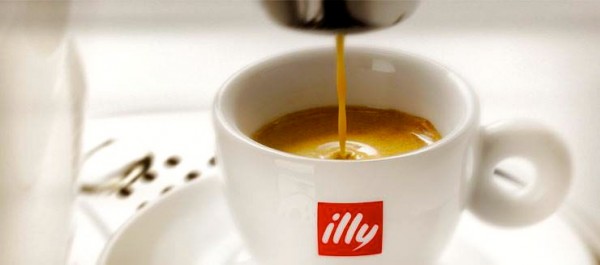
What did I think ? Well, I have lived in Italy for almost two years, adopted the Italian habit and became an espresso addict. However perfect the espresso is prepared, for me the bitter taste is still there.
--------------------
Text: Ria Lihayati
Images: Cover by Zakalinka/Shutterstock; Professor Moreno Faina, University categories and Espresso by Illy; All others by Ria Lihayati